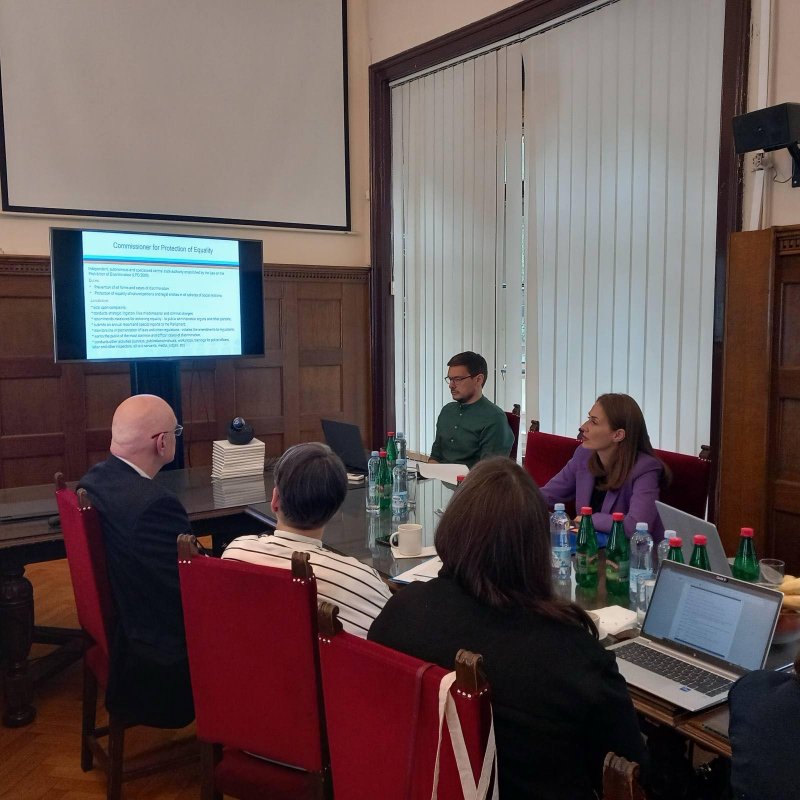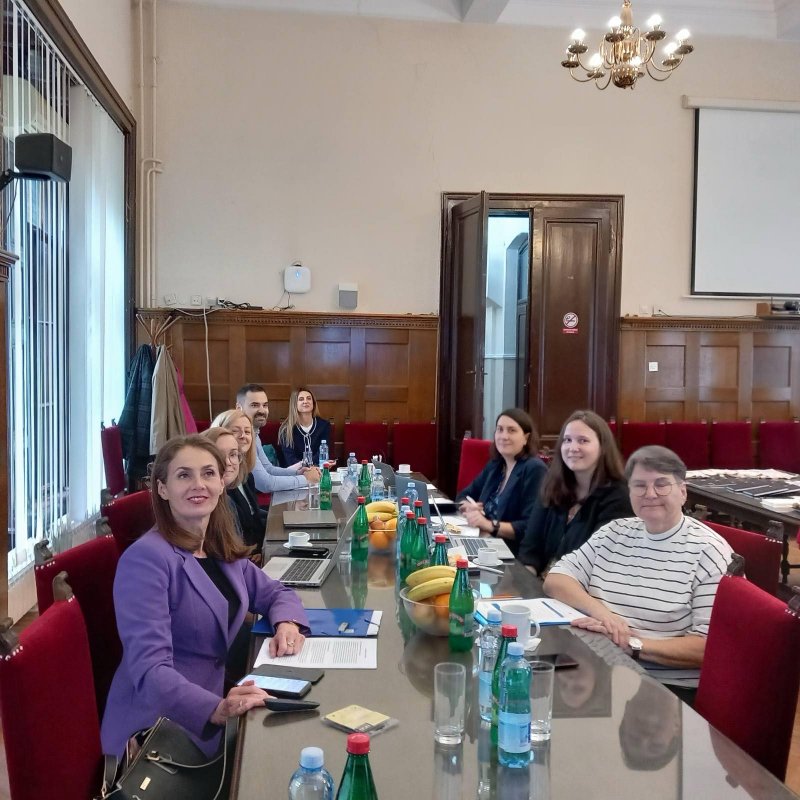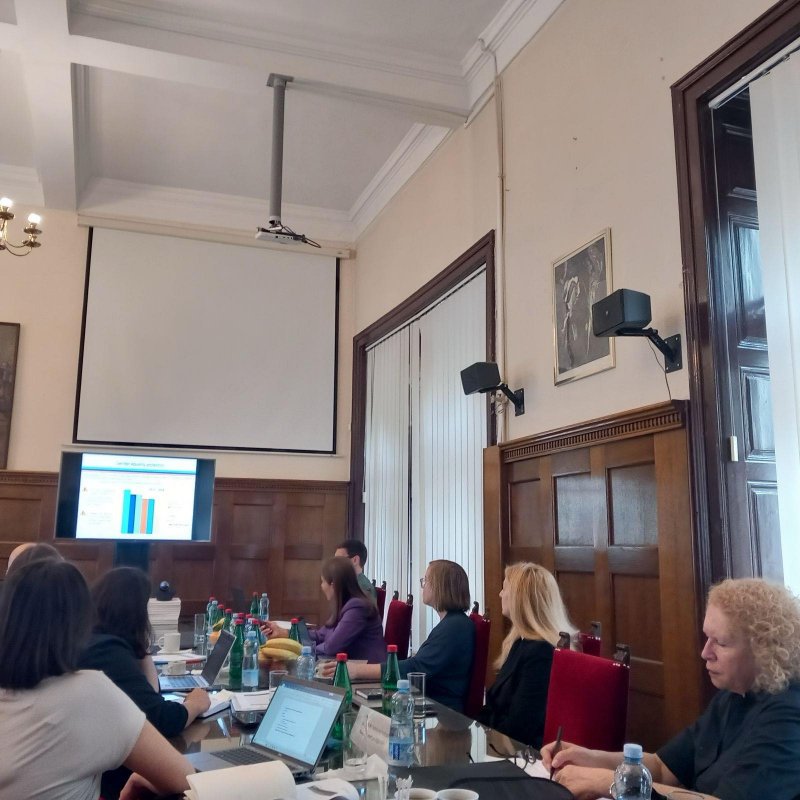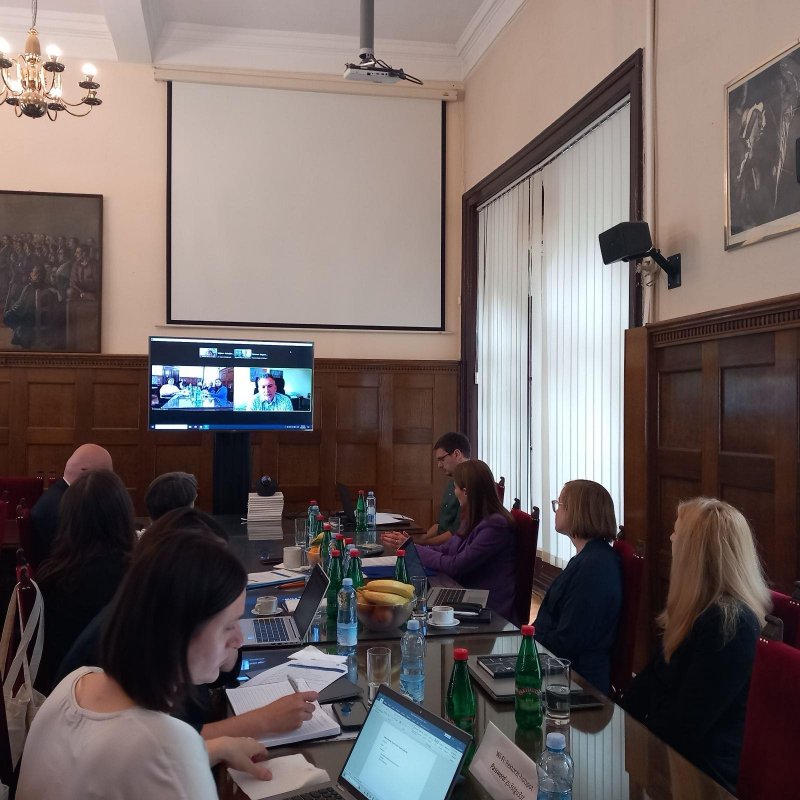There is obvious progress in applying the principle of gender equality in higher education and scientific institutions. However, women are still underrepresented in management positions, which is why it is important to intensify this process, said Commissioner for the Protection of Equality, Brankica Janković, at the opening of the meeting of the Circle U. European University Alliance which was held in the Rectorate of the University of Belgrade on the occasion of the development of a joint plan for gender equality.
Janković said that the institution of the Commissioner has good cooperation with the Rectorate in promoting gender equality and assessed that the development of a joint plan of the member institutions of the Alliance is important for a better understanding of the importance of this topic and a change in the way of thinking within the academic and scientific community. As an example of good practice, the Commissioner cited the adoption of the Rulebook on Prevention and Protection from Sexual Harassment at the University of Belgrade, which, among other things, provides for the appointment of persons responsible for gender equality and suppression of different forms of discrimination at the faculties, who were trained by representatives of the Commissioner.
When it comes to the participation of women in science, the Commissioner pointed out that the interest of girls in technical education is constantly increasing, as well as that Serbia is in third place in Europe in terms of the share of female students in ICT, which shows that stereotypical views on education and career are changing. Janković also mentioned that, on the recommendation of the Commissioner, SASA amended its Statute, which now stipulates that when electing new corresponding members of the Academy’s departments, they are obliged to take care of gender equality.
In addition to universities from nine countries, the Circle U. European University Alliance includes partner institutions from the areas of science, health, business, culture, public administration, and civil society.





